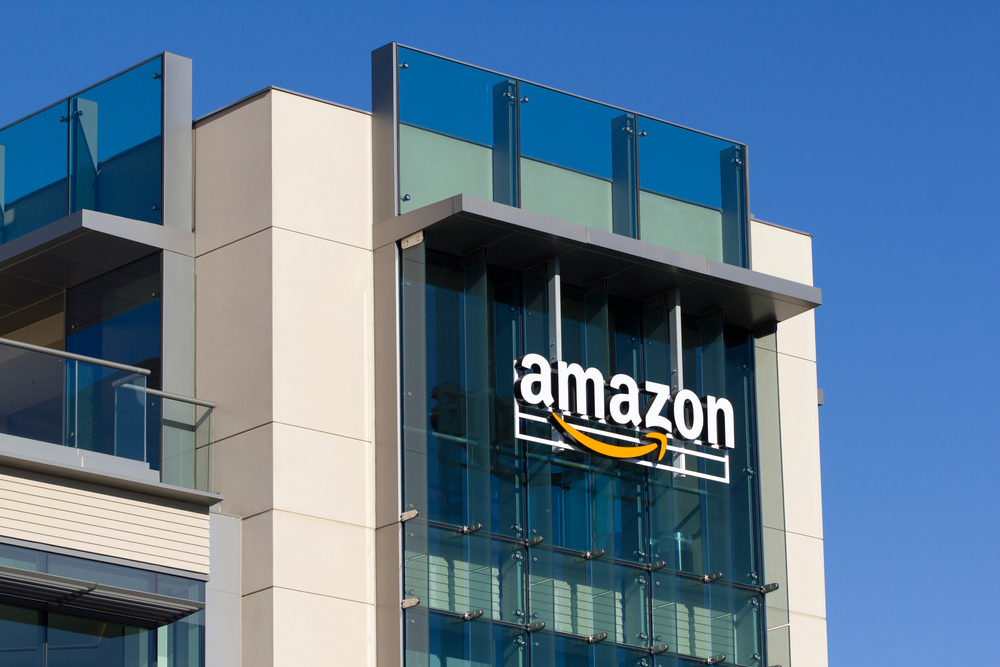In a move that has sent ripples across the corporate world, Amazon recently issued an ultimatum to its employees: Return to the office or face potential termination. Although bold, this decision raises several questions about the future of work, especially in a post-pandemic era in which remote work has become the norm for many.
Relocation Dilemmas for Amazonians
For countless Amazon employees, the pandemic ushered in a new era of flexibility. Many seized the opportunity to relocate, seeking more affordable living or closer proximity to family.
Now, with the company’s mandate to return to the office, these employees face a challenging decision: Do they uproot their lives once again to return to corporate hubs, or do they risk their positions with one of the world’s most influential tech giants?
Why Amazon Wants Its Employees Back In-Office
“Collaborating and inventing is easier and more effective when we’re in person,” CEO Andy Jassy wrote in an internal memo, as reported by Chris Westfall in an article for Forbes. “The energy and riffing on one another’s ideas happen more freely.” This sentiment underscores Amazon’s rationale.
For them, the office isn’t just a physical space; it’s a breeding ground for innovation—a place where spontaneous interactions can lead to the next big idea.
Moreover, the company believes that being in the office supports individual growth and development. Employees, they argue, are more likely to grasp Amazon’s unique culture when they experience it firsthand.
Not All Employees Are On Board
Yet, the decision hasn’t been met with universal acclaim. Over 28,000 Amazon workers joined an internal Slack channel named “Remote Advocacy.” Petitions were signed, and a walkout even took place in Seattle, with participants from various global locations.
Many employees expressed frustration, especially those hired as fully remote workers during the pandemic. For them, this new mandate feels like a stark departure from the flexibility they were once offered.
“By arbitrarily forcing return-to-office without providing data to support it and despite clear evidence that it is the wrong decision for employees, Amazon has failed its role as earth’s best employer,” one employee remarked, according to Westfall.
The Broader Implications for the Corporate World
Amazon isn’t alone in its push for in-office work. Giants like Disney, Google, and Apple have all rolled out return-to-office initiatives. The crux of the debate lies in a simple question: Is physical presence necessary for optimal performance? The pandemic showcased that remote work is not only feasible but also efficient for many roles.
Yet, companies like Amazon remain steadfast in their belief that in-person interactions are irreplaceable.
The post-pandemic work landscape is undeniably complex. Companies are grappling with the challenge of balancing business objectives with employee well-being and preferences.
While the future remains uncertain, one thing is clear: Open dialogue, flexibility, and empathy will be crucial as we navigate the evolving world of work.
Lin Grensing-Pophal is a Contributing Editor at HR Daily Advisor.

